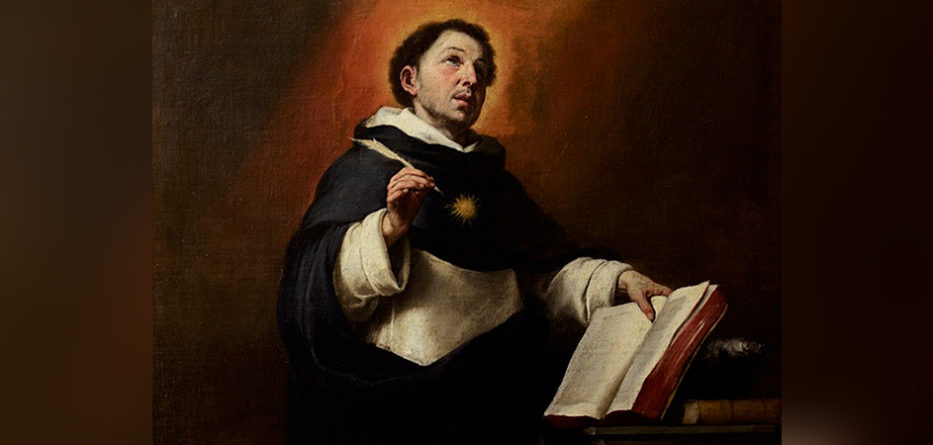Imagine you are passing the open window of a lecture room in the University of Paris one autumn in the thirteenth century. The room is crowded with young men who are going to be teachers or preachers (or both), and their lecturer, a Dominican friar called Thomas Aquinas, is starting his course of lectures by telling them that if they are going to teach or preach they themselves must first of all be taught by God:
God has destined us for a goal beyond the grasp of reason—No eye has seen what you have prepared for those who love you—and since we must set ourselves this goal and pursue it we needed teaching about it beforehand. We even need revealed instruction in things reason can learn about God. If such truths had been left to us to discover, they would have been learnt by few over long periods and mingled with much error; yet our whole well-being is centred on God and depends on knowing them. So, in order that more of us might more safely attain him, we need teaching in which God revealed himself (Summa Theologiae, la, 1, 1).
Aquinas treats theology as a practical matter. He is not interested in spinning theories about angels and the points of a pin. He is concerned with human well-being. Behind what he says is the image of people going somewhere: we have a “goal,” and (more mysteriously) a goal “beyond the grasp of reason.” Human well-being, he thinks, is a kind of journey, but a journey into the unknown, towards a destination we only dimly perceive by faith. I think here of the medieval folktale of the youngest son going out to seek his fortune. I used to think that he was going out in search of a fortune, a whole lot of money, but of course he wasn’t: he went to seek his fortuna, his luck.
For Aquinas the goal is already partly with us in the journey itself. For him the world is good—but not good enough. For him there is no evil in this material creation. Everything that is, is good. Every being has God within it holding it in being. It is just that some goods are greater than others. Evil comes in when we neglect some great good for the sake of some trivial good: when we sacrifice, say, being just and loving for the sake of being rich. Evil, for Aquinas, is a purely spiritual thing. It belongs to the world of minds and policies and decisions—and even there it is not a positive thing but a failure, a failure to want the good enough. The material world, however, is innocent, and more than innocent; it is the scintillating manifestation of the love of God.
To continue reading this article, click here.
Herbert McCabe was a Dominican Friar and theologian of outstanding originality who died in 2001. He was deeply influential on philosophers such as Anthony Kenny and Alasdair MacIntyre and poets and writers like Terry Eagleton and Seamus Heaney.
With thanks to Church Life Journal, A Journal of the McGrath Institute for Church Life at the University of Notre Dame, Notre Dame, Indiana, and the estate of Herbert McCabe, where this article originally appeared.








